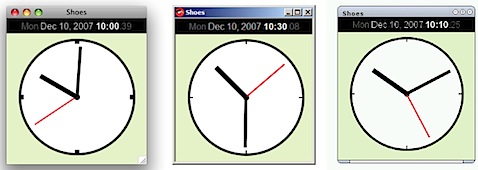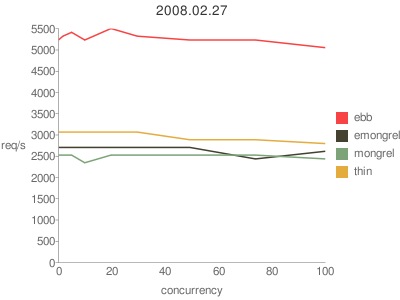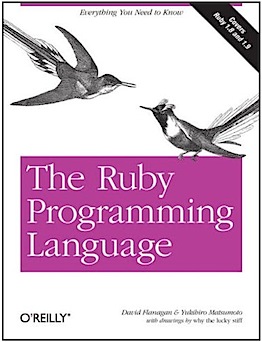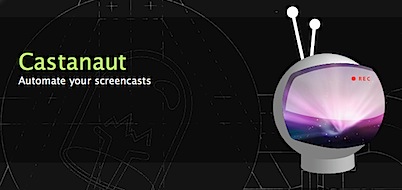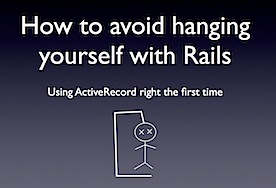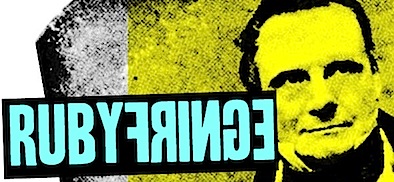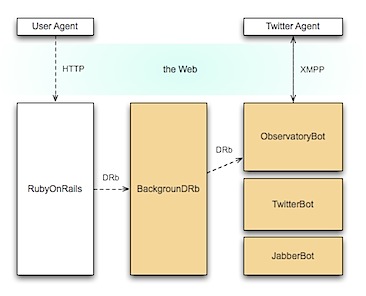
(Licensed under CC 2.0 Attribution. Credit: icanteachyouhowtodoit)
Philly Emerging Tech (March 26 & 27 – Philadelphia, United States of America)
Andrea O. K. Wright writes in with news about Philly Emerging Tech, a Philadelphia based conference taking place in March. Ruby-related attendees and presentations at the conference include Peter Armstrong (Rails on AIR: Best Practices for using Flex 3 and Adobe AIR with Ruby on Rails 2), Giles Bowkett (Code Generation: The Safety Scissors of Metaprogramming), David Chelimsky (Integration Testing with RSpec’s Story Runner), Obie Fernandez, Joe O’Brien (Be Careful, Your Java is Showing), and Chris Wanstrath (The Launch: Bringing a Rails Site to Life). Read More







